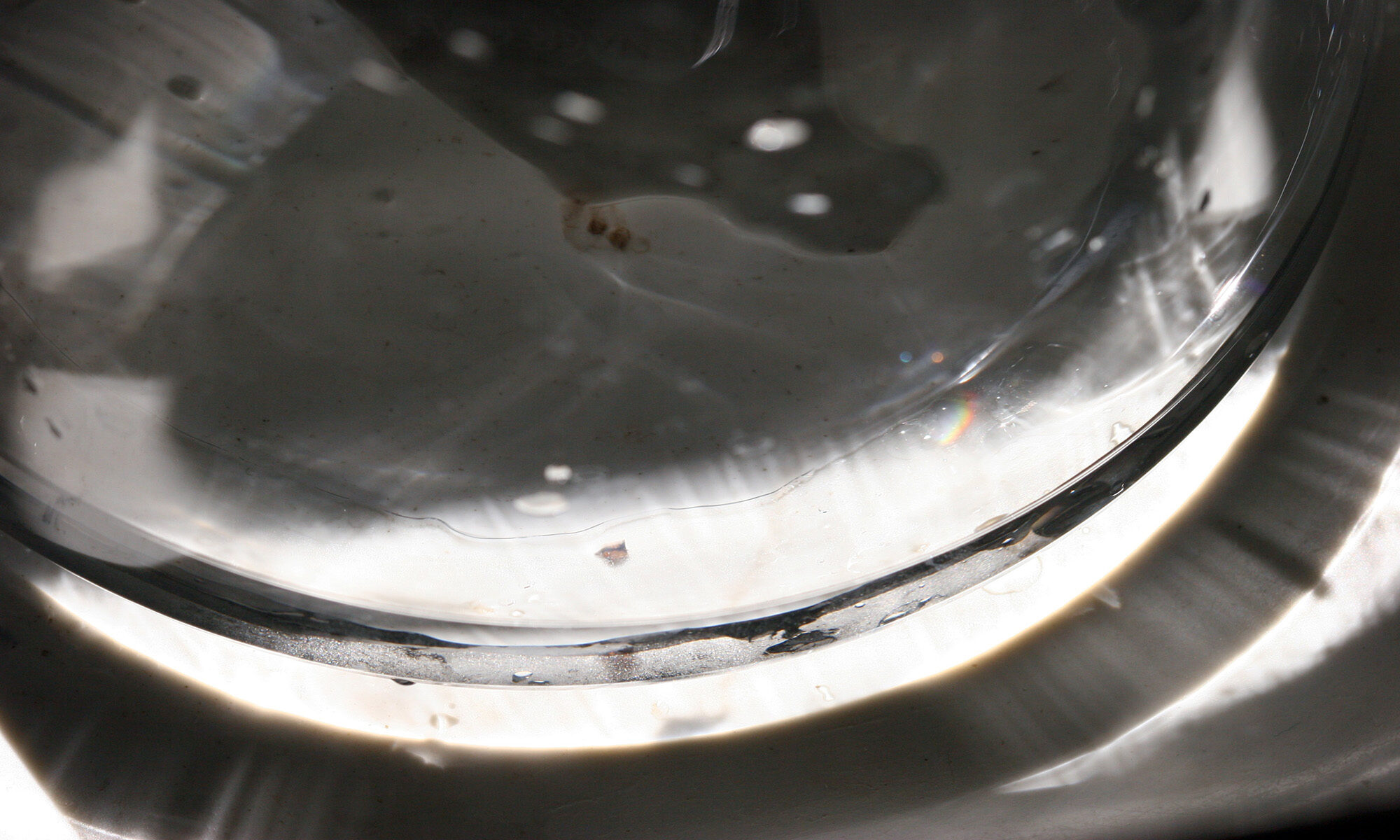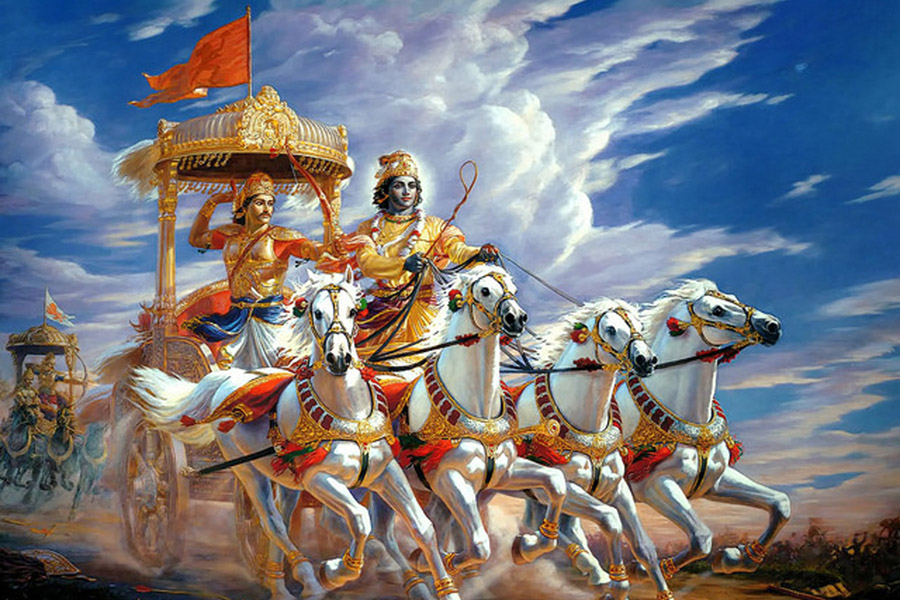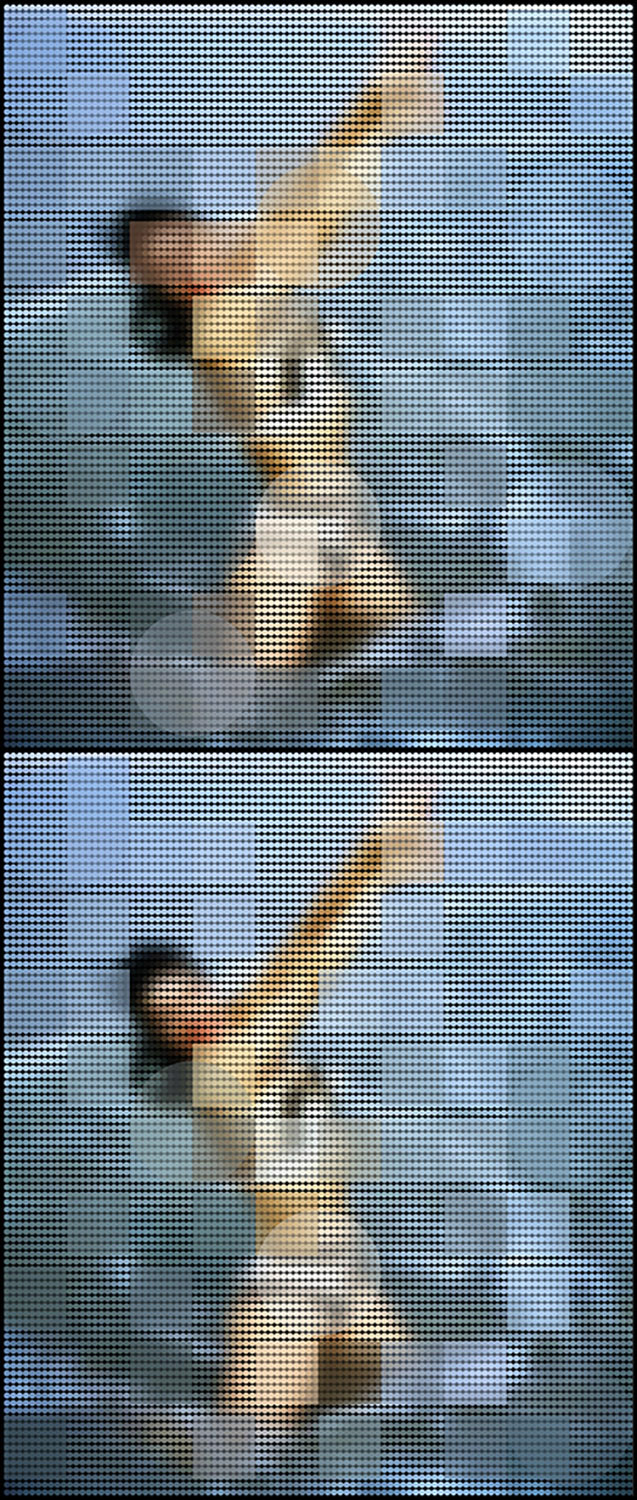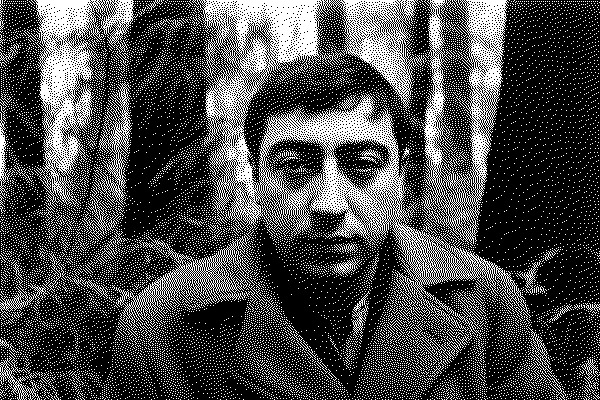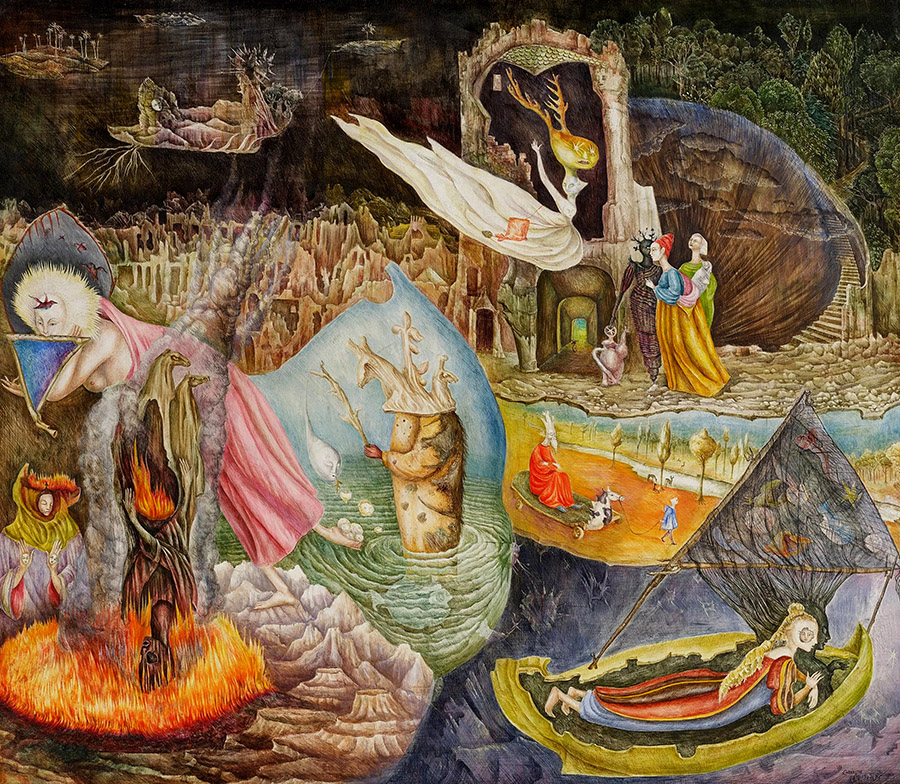Trink, trink, Brüderlein, trink Lass doch die Sorgen zu Haus
Die Befindlichkeit ist eine der existenzialen Strukturen, in denen sich das Sein des »Da« hält. Gleichursprünglich mit ihr konstituiert dieses Sein das Verstehen. Befindlichkeit hat je ihr Verständnis, wenn auch nur so, daß sie es niederhält. Verstehen ist immer gestimmtes.
Wenn wir dieses als fundamentales Existenzial interpretieren, dann zeigt sich damit an, daß dieses Phänomen als Grundmodus des Seins des Daseins begriffen wird. »Verstehen« dagegen im Sinne einer möglichen Erkenntnisart unter anderen, etwa unterschieden von »Erklären«, muß mit diesem als existenziales Derivat des primären, das Sein des Da überhaupt mitkonstituierenden Verstehens interpretiert werden.
Die bisherige Untersuchung ist denn auch schon auf dieses ursprüngliche Verstehen gestoßen, ohne daß sie es ausdrücklich in das Thema einrücken ließ. Das Dasein ist existierend sein Da, besagt einmal: Welt ist »da«; deren Da-sein ist das In-sein. Und dieses ist imgleichen »da« und zwar als das, worumwillen das Dasein ist. Im Worumwillen ist das existierende In-der-Welt-sein als solches erschlossen, welche Erschlossenheit Verstehen genannt wurde1. Im Verstehen des Worumwillen ist die darin gründende Bedeutsamkeit miterschlossen. Die Erschlossenheit des Verstehens betrifft als die von Worumwillen und Bedeutsamkeit gleichursprünglich das volle In-der-Welt-sein. Bedeutsamkeit ist das, woraufhin Welt als solche erschlossen ist. Worumwillen und Bedeutsamkeit sind im Dasein erschlossen, besagt: Dasein ist Seiendes, dem es als In-der-Welt-sein um es selbst geht.
Wir gebrauchen zuweilen in ontischer Rede den Ausdruck »etwas verstehen« in der Bedeutung von »einer Sache vorstehen können«, »ihr gewachsen sein«, »etwas können«. Das im Verstehen als Existenzial Gekonnte ist kein Was, sondern das Sein als Existieren. Im Verstehen liegt existenzial die Seinsart des Daseins als Sein-können. Dasein ist nicht ein Vorhandenes, das als Zugabe noch besitzt, etwas zu können, sondern es ist primär Möglichsein. Dasein ist je das, was es sein kann und wie es seine Möglichkeit ist. Das wesenhafte Möglichsein des Daseins betrifft die charakterisierten Weisen des Besorgens der »Welt«, der Fürsorge für die anderen und in all dem und immer schon das Seinkönnen zu ihm selbst, umwillen seiner. Das Möglichsein, das je das Dasein existenzial ist, unterscheidet sich ebensosehr von der leeren, logischen Möglichkeit wie von der Kontingenz eines Vorhandenen, sofern mit diesem das und jenes »passieren« kann. Als modale Kategorie der Vorhandenheit bedeutet Möglichkeit das noch nicht Wirkliche und das nicht jemals Notwendige. Sie charakterisiert das nur Mögliche. Sie ist ontologisch niedriger als Wirklichkeit und Notwendigkeit. Die Möglichkeit als Existenzial dagegen ist die ur-1 Vgl. § 18,S. 85 ff.
Meide den Kummer und meide den Schmerz Dann ist das Leben ein Scherz, Meide den Kummer und meide den Schmerz Ja, dann ist das Leben ein Scherz!
